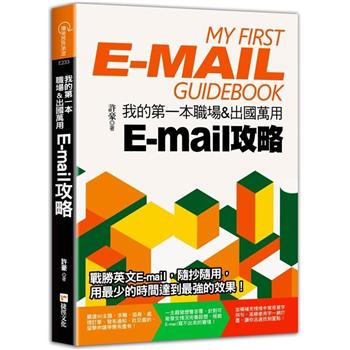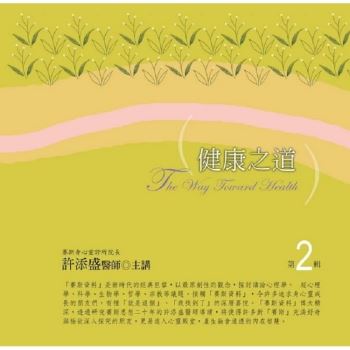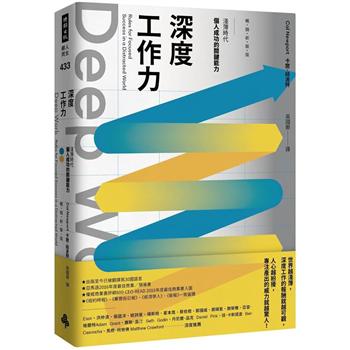This book uses ’politics of urban knowledge’ as a lens to understand how professionals, administrations, scholars, and social movements have surveyed, evaluated and theorized the city, identified problems, and shaped and legitimized practical interventions in planning and administration.
Urbanization has been accompanied, and partly shaped by, the formation of the city as a distinct domain of knowledge. This volume uses ’politics of urban knowledge’ as a lens to develop a new perspective on urban history and urban planning history. Through case studies of mainly 19th and 20th century examples, the book demonstrates that urban knowledge is not simply a neutral means to represent cities as pre-existing entities, but rather the outcome of historically contingent processes and practices of urban actors addressing urban issues and the power relations in which they are embedded. It shows how urban knowledge-making has reshaped the categories, rationales, and techniques through which urban spaces were produced, governed and contested, and how the knowledge concerned became performative of newly emerging urban orders.
The volume will be of interest to scholars and students in the field of urban history and urban studies, as well as the history of technology, science and knowledge and of science studies.






![塔木德:猶太人的致富聖經[修訂版]:1000多年來帶領猶太人快速累積財富的神祕經典 塔木德:猶太人的致富聖經[修訂版]:1000多年來帶領猶太人快速累積財富的神祕經典](https://media.taaze.tw/showLargeImage.html?sc=11100697818)



